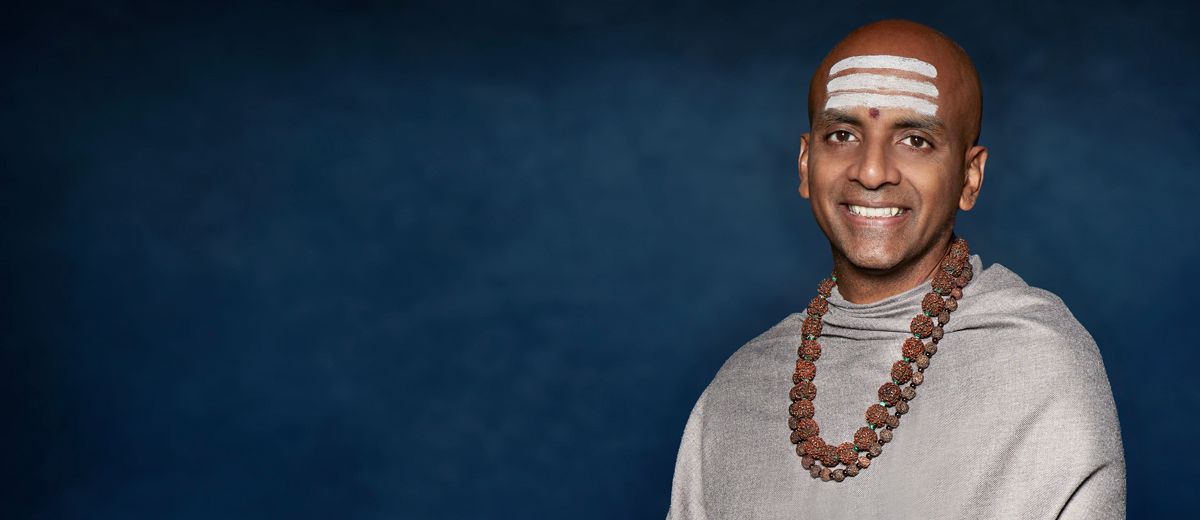
Last week, I began outlining the framework for living a truly spiritual life and emphasized that the journey begins with clarity—specifically, clarity of philosophy. There is no right or wrong philosophy, but it is essential to understand that they are not the same. They are distinctly different, and many contradict one another in profound ways. A common marker of a newcomer to the path is the claim that “they all say the same thing”—referring to the world’s religious philosophies. They don’t.
At a surface level, they may seem to agree on many things—doing good, truthfulness, non-stealing, charity, and so on. But once you stop scraping the surface and begin to dive deeper—not even that deep—you’ll see they are all distinctly different.
Western (Abrahamic) philosophies teach that we have one life, whereas Eastern ones teach of reincarnation. Eastern philosophies largely embrace immanence—the Divine is in you, in nature, in all things. Western traditions, on the other hand, emphasize transcendence—God exists apart from creation. The Eastern view embraces karma, the spiritual law of cause and effect; the Western ones reject it.
I’m not sharing this to say that one philosophy is better than another, or that there’s a right or wrong one. My point is to emphasize that they’re different—and because the philosophy is different, the goal that follows is different. Remember the four steps from last week’s email: Philosophy → Goal → Path → Lifestyle.
So the first step is doing the self-work to determine which philosophy you align with. The philosophy you were raised with and the one you’ve arrived at today—through distilling your life’s experiences—may be completely different. They may even contradict each other. Friction arises when we resist letting go of the philosophy we grew up with in favor of the one we’ve come to know through self-inquiry and experience. The part of the subconscious shaped by the instinctive mind is notorious for clinging to what it knows.
Today, the world is abundant with spiritual street hawkers—hawking a mishmash of philosophies they’ve sampled but never fully immersed in, drawing behind them a caravan of likeminded seekers, content to sip from many wells but drink deeply at none. I often refer to these folks, teachers and students alike, as eating off the spiritual buffet table—or practicing “spiritual promiscuity,” as a traveler on my recent retreat so eloquently put it. They are committed to not being committed, and their dedication is truly impressive. They are not artisans seeking depth or mastery. When Vegas gets boring, there’s always Atlantic City—and so they wander from one teaching to another.
The most important question to ask yourself is: How deeply do I want to go in my spiritual life?If you’re just dabbling, then sure—we could light an incense stick, sip some tea, and chit-chat superficially about spirituality. (Not that I would ever do this—chit-chat superficially about spirituality.) But if you want to play at the highest level, we have to take a different approach.An entrepreneur once asked me, “Can I play Division 1?”I said, absolutely. It doesn’t have to be all or nothing. But now that you’ve defined how serious you are about your spiritual life, the next steps become so much clearer.
We have to define what it is we want. Most people struggle with this—and they struggle because they haven’t committed to a philosophy. No artist, performer, or athlete has ever made it to the top without committing to a set of principles. When you can clearly identify—through distilling your life’s experiences—the spiritual philosophy you align with right now, at this point in your unfoldment, then your spiritual goal becomes clear. From there, we can begin defining the path, and the lifestyle that supports it.
Now, we can begin living a life committed to spiritual unfoldment, and not mere spiritual entertainment. So if you are serious, stop buying knockoff philosophies from spiritual street hawkers and commit to a time-tested tradition and path.
At the end of the day, it’s your life—and you have every right to choose how you want to live it. If sampling is your path, there’s absolutely nothing wrong with that.
But the work I do—these emails, my courses, retreats, and more—is for those who are serious about spiritual practice. It’s for people who are tired of diluted, vague “wellness talk” and are seeking clarity, not coddling.








